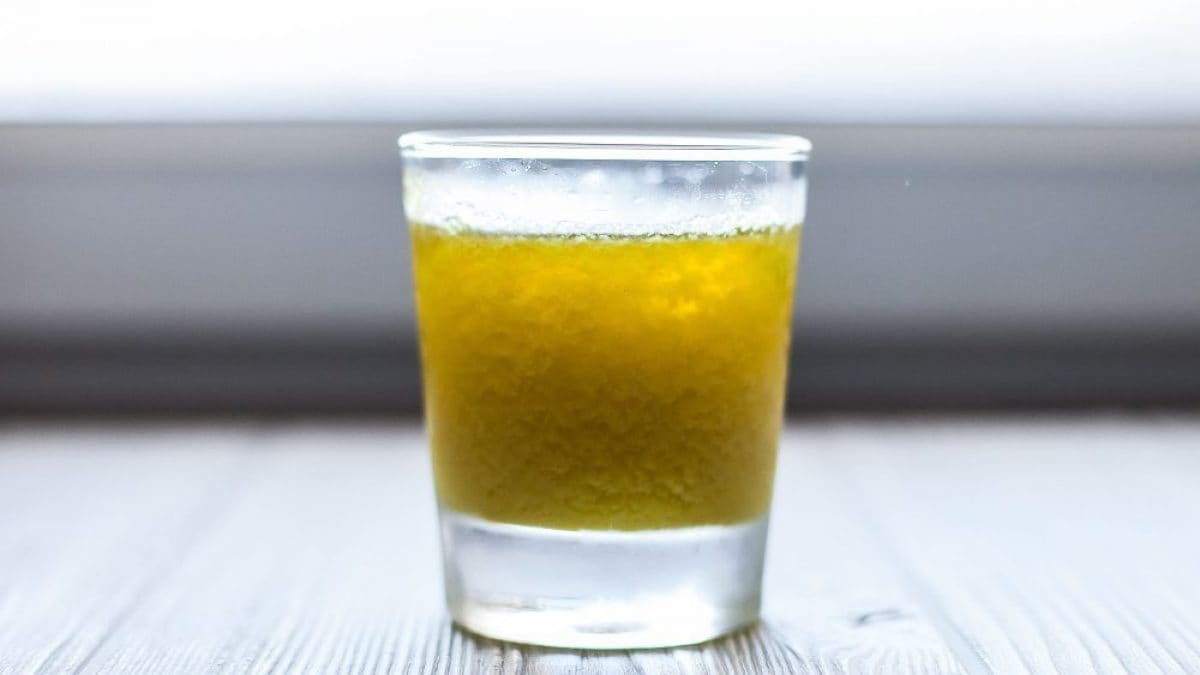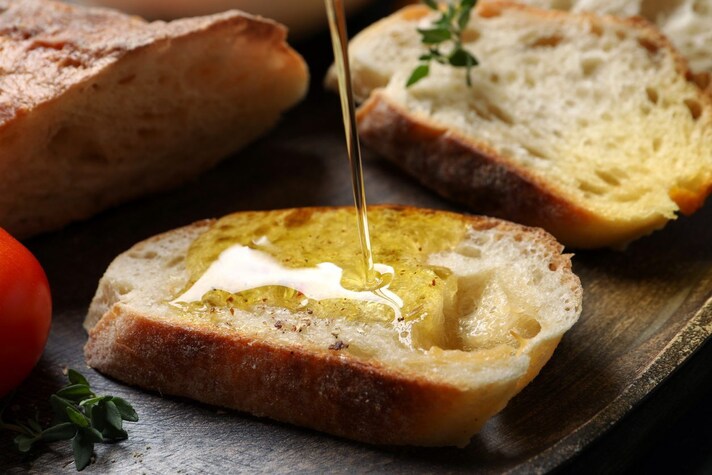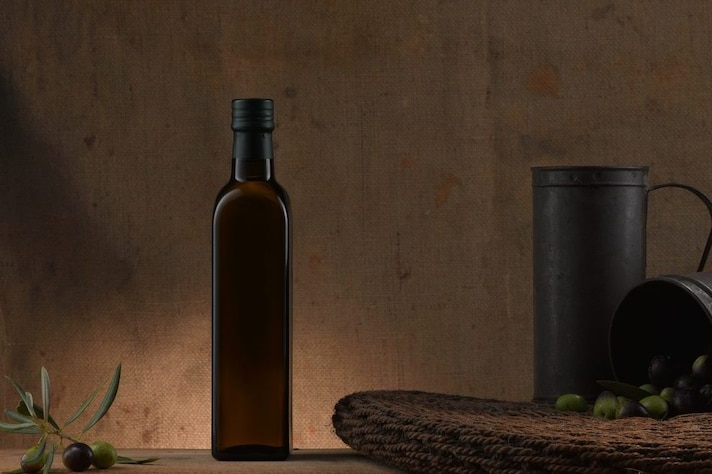
It is not just a condiment but an icon, a food in all respects and an infinite source of benefits not only from a nutritional point of view: extra virgin olive oil is one of the most precious products in the gastronomic world, an extraordinary elixir of long life and a great ally in the kitchen thanks to its ability to enhance any dish or ingredient with which it comes into contact. Having good oil at home is essential and for this very reason we often stock up on it by buying more than one bottle.
But do you know that the element is a “living” product, very delicate and that tends to get damaged rather easily? Precisely for this reason, over time, many schools of thought have been created on how best to preserve it and, among these, the suggestion to store it in the refrigerator has started to circulate. This is actually an incorrect belief, both because it does not bring any additional benefit to the oil and because, on the contrary, it could actually ruin it.
Why You Shouldn't Store Extra Virgin Olive Oil in The Fridge?
The first reason why you should not store extra virgin olive oil in the refrigerator is provided by a study carried out by Iranian researchers and reported by the Teatro Naturale portal: during their experiment, the scientists stored the same type of oil for two months in two different ways, one at a room temperature of about 25 degrees and the other in the refrigerator at a temperature of about 4 degrees.
The results of the study showed that there are no static differences on the main quality indices of the oil between the two bottles: in short, no significant difference was observed between the oil stored at room temperature and the oil stored in the refrigerator. In addition to what science has demonstrated, there is another factor to consider, namely how extra virgin olive oil reacts to low temperatures.

Below 50°F/10°C it can easily freeze and this causes it, once thawed, to oxidize rapidly and lose all the aromas, characteristics and properties that make it such a special product. Furthermore, when subjected to low temperatures, unfiltered oil tends to create a whitish deposit on the bottom: these are the waxes and other hydrophilic components that solidify and precipitate and that could lead to the creation of organoleptic defects.
Where And How to Store Oil Correctly
In addition to temperatures that are too low, the natural enemies of oil quality are three: heat, light and air, three factors that can ruin the characteristics of the product. Just as it does not like the cold, oil does not like temperatures that are too high and sudden changes in temperature, which is why the very first rule is to store it in a cool, dry place, within a temperature range of 53/12 to 77/25 degrees, although the ideal would be an environment between 57/14 and 64/18 degrees on average.

The environment must be dark or at least have no direct light sources, neither artificial nor natural: oil does not like light and, if constantly exposed to it, it quickly becomes rancid. The third enemy of oil is air because in contact with oxygen it undergoes a process of oxidation of fatty acids and this alters its chemical composition, in addition to being a real "sponge" that absorbs all surrounding odors. So remember to always check that the bottle or container in which you store the oil is closed properly.
;Resize,width=767;)
